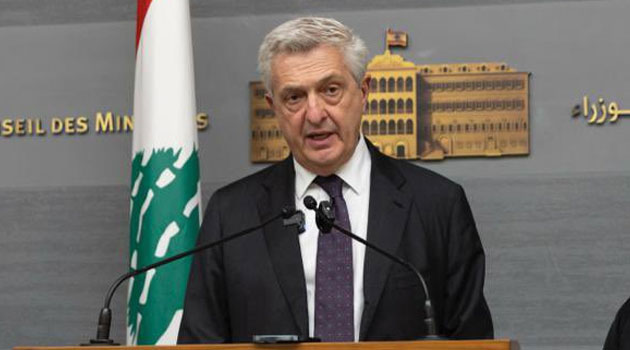
UNHRC urges de-escalation of ‘dangerously spiraling’ Israel-Iran conflict » Capital News
NAIROBI, Kenya, Jun 21 — The United Nations Refugee Agency (UNHCR) has called for immediate de-escalation in the intensifying conflict between Israel and Iran, warning that the situation is spiraling into a humanitarian crisis that could place millions of refugees at grave risk.
In a statement released Saturday, the agency said it had observed population movements in both countries, with civilians fleeing shelling in Israel and others leaving Tehran and surrounding regions in Iran.
“This region has already endured more than its share of war, loss, and displacement — we cannot allow another refugee crisis to take root,” said Filippo Grandi, the UN High Commissioner for Refugees.
“The time to de-escalate is right now. Once people are forced to flee, there’s no quick way back — and all too often, the consequences last for generations.”
UNHCR expressed particular concern over Iran’s 3.5 million refugees—mostly Afghans—warning that further escalation could exacerbate their already precarious conditions.
The agency is currently pre-positioning emergency supplies in the region, including in Iran and Israel, in preparation for possible humanitarian fallout.
UNHCR made the plea for calm even as the United States announced a new round of sanctions targeting Iran’s defense sector.
The US State Department Friday said it had sanctioned eight entities, an individual, and a vessel involved in transporting sensitive machinery from China to Iran to support its weapons development programs.
The US said the shipments were destined for companies previously sanctioned for their involvement in nuclear and missile proliferation: Rayan Roshd Afzar Company (RRA) and Towse Sanaye Nim Resanaye Tarashe.
“This action implements the mandate of President Trump’s National Security Presidential Memorandum-2 to restore maximum pressure on Iran,” the State Department said.
‘Maximum pressure on Iran’
Friday’s announcement signalled Washington’s intent to use “all available means” to dismantle Tehran’s weapons procurement networks amid mounting fears of a full-scale regional conflict.
While European diplomats met with Iranian officials in Geneva in a bid to reduce tensions, no formal agreement was reached.
Iran’s Foreign Minister, Abbas Araghchi, signaled willingness to continue talks—on condition that Israeli aerial bombardments cease, calling them a “betrayal” of ongoing diplomacy.
European Union foreign policy chief Kaja Kallas and UK Foreign Secretary David Lammy described the talks as “serious and respectful,” warning that a diplomatic window exists but is rapidly narrowing.
UNHCR reiterated its call for all parties to respect international law, allow civilians to seek safety, and protect humanitarian corridors.
“Every day that the conflict escalates further could trigger additional humanitarian needs in a region already hosting millions of refugees and internally displaced people,” the agency said.